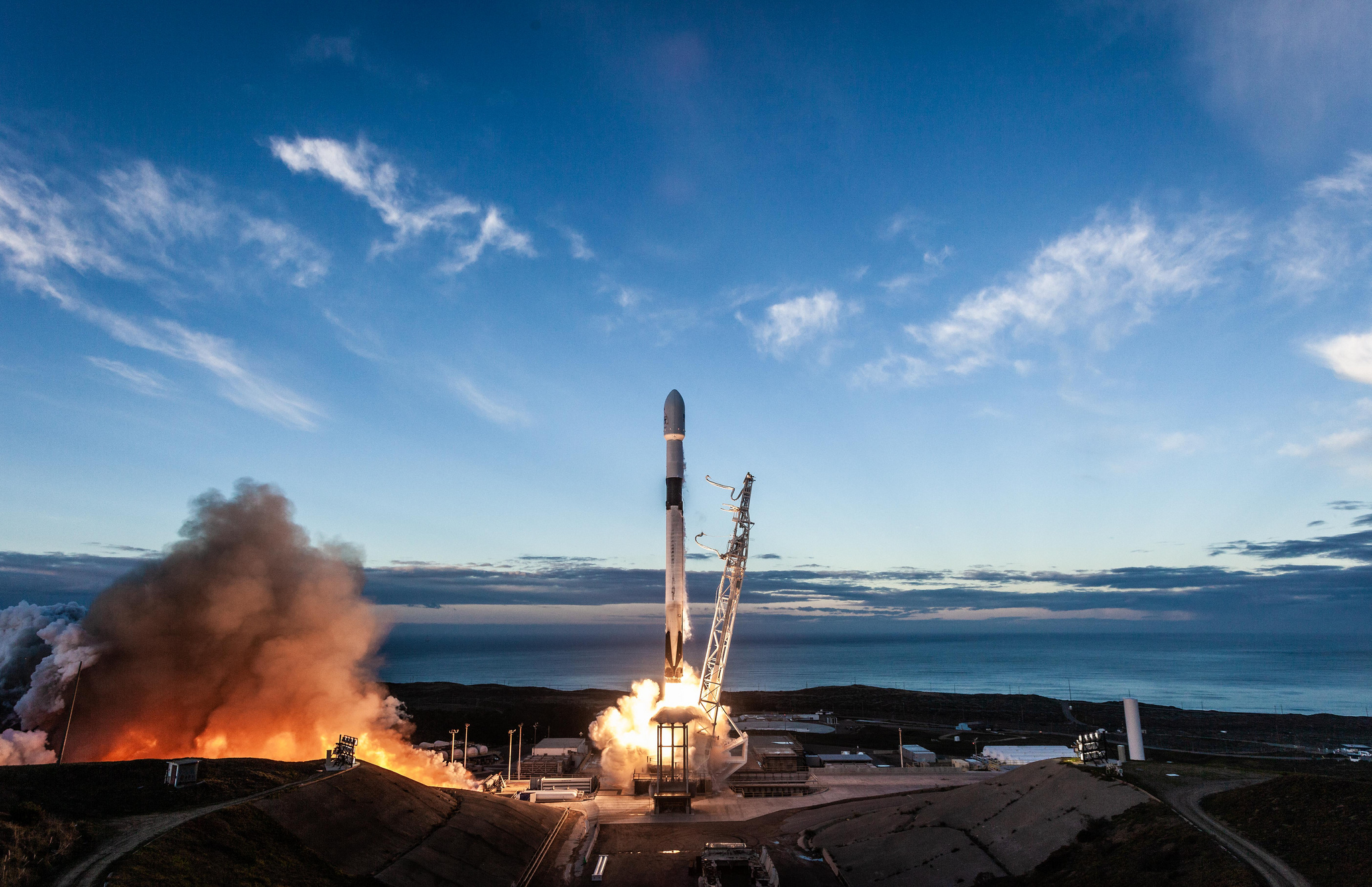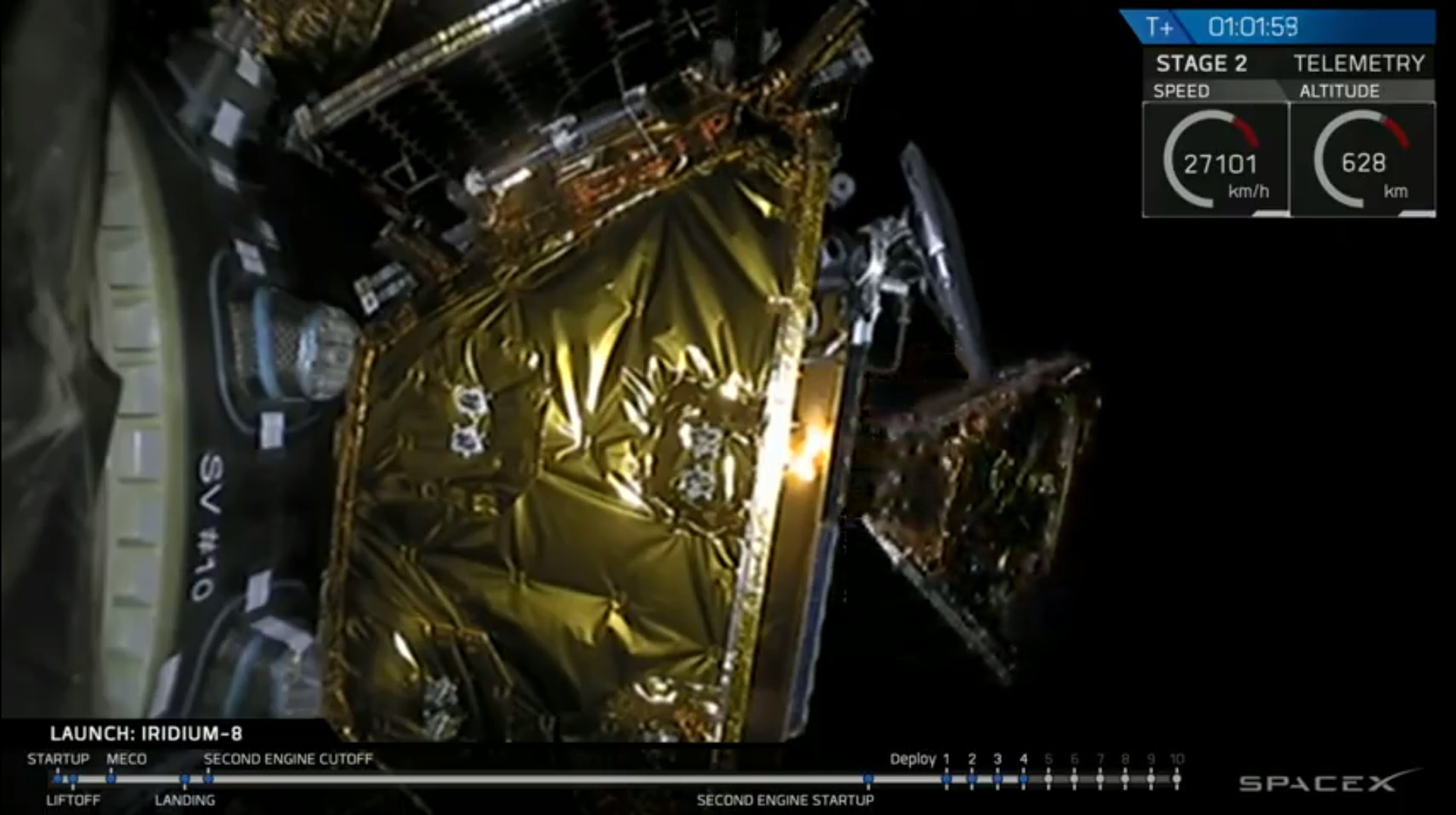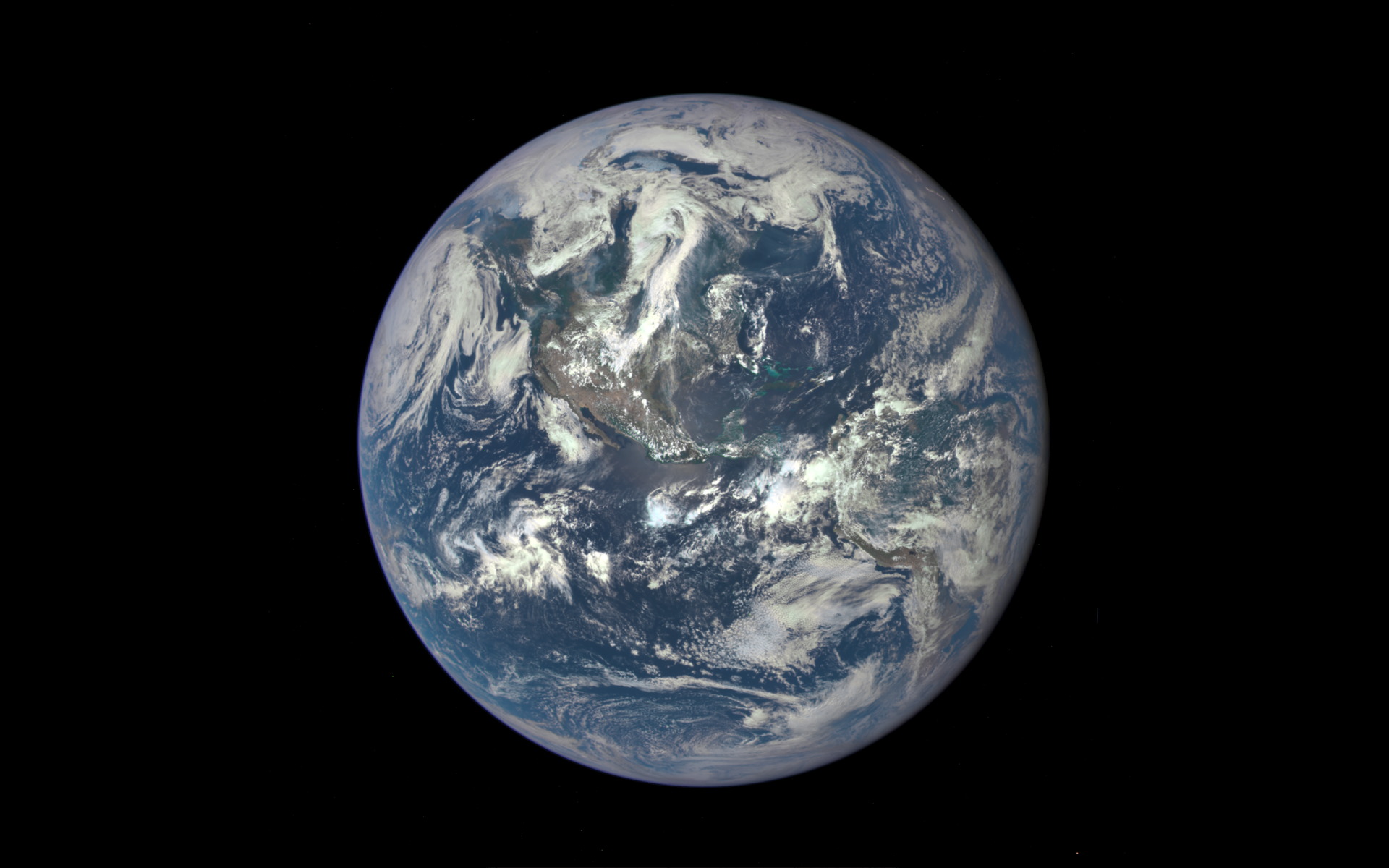SpaceX Launches 10 Iridium Satellites Into Orbit, Then Sticks Rocket Landing
Breaking space news, the latest updates on rocket launches, skywatching events and more!
You are now subscribed
Your newsletter sign-up was successful
Want to add more newsletters?

Delivered daily
Daily Newsletter
Breaking space news, the latest updates on rocket launches, skywatching events and more!

Once a month
Watch This Space
Sign up to our monthly entertainment newsletter to keep up with all our coverage of the latest sci-fi and space movies, tv shows, games and books.

Once a week
Night Sky This Week
Discover this week's must-see night sky events, moon phases, and stunning astrophotos. Sign up for our skywatching newsletter and explore the universe with us!

Twice a month
Strange New Words
Space.com's Sci-Fi Reader's Club. Read a sci-fi short story every month and join a virtual community of fellow science fiction fans!
Update for 11:45 a.m. EST: All 10 Iridium Next satellites were successfully deployed.
A used SpaceX Falcon 9 rocket lofted 10 final Iridium Next satellites into orbit today (Jan. 11), completing a two-year, eight-launch contract between the two companies.
The rocket lifted off from Space Launch Complex 4E at Vandenberg Air Force Base in California at 7:31 a.m. local time (10:31 a.m. EST, 1531 GMT) during an instantaneous launch window. If all goes well, satellite deployment will begin about an hour after launch. The first stage of the Falcon 9 rocket successfully landed on the droneship "Just Read the Instructions" about seven minutes after liftoff. That stage had previously flown on the Telstar 18 launch in September 2018. SpaceX did not attempt to recover the fairing, which it has yet to do successfully.
"There it is, right in the middle of the bull's-eye," SpaceX's launch commentator, John Insprucker, principal integration engineer said during the broadcast after the first stage's safe landing. "The first stage is back again down on Earth." [Watch SpaceX's Falcon 9 Booster Land on a Drone Ship]
Today's launch completed the Iridium Next constellation of communications satellites, replacing the company's previous generation of satellites and completing the launch partnership between SpaceX and Iridium. "That's not only 10 for 10 today, but 75 for 75," Insprucker said after the final satellite successfully deployed, about 70 minutes after launch. "It's been a clean sweep for Iridium and Falcon 9."
The Iridium Next network will support the company's new broadband service and devices connected to the so-called Internet of Things, among other communications services.
"Our final launch … is by far the most important milestone of all," Matt Desch, CEO of Iridium, said during a news conference last week. "It means finally realizing the dream that the founders of this system had 30 years ago."
Breaking space news, the latest updates on rocket launches, skywatching events and more!
Once the new satellites are orbiting successfully, Iridium will spend about three weeks testing them to make sure everything is working properly. When the tests are complete, the upgraded constellation will be fully operational, with 66 active satellites and nine orbiting spares. The entire overhaul cost $3 billion, and each Next satellite is about the size and weight of a Mini Cooper, according to Desch.
Over the course of the two years during which the Iridium Next satellites have launched, the company has been de-orbiting their predecessors. The six satellites of that generation remaining in orbit will be brought down over the coming months, Desch said.
The Iridium Next satellites also carry air traffic control technology for Aireon, a company providing air traffic surveillance services. Aireon will be able to track airplanes equipped with Automatic Dependent Surveillance-Broadcast (ADS-B) systems, which are mandated for implementation by 2020, but have not yet been installed on most planes.
Currently, airplanes can't accurately be monitored away from ground-based radar systems, which means they are required to stick to "highways in the sky" over oceans and other less densely populated areas of Earth. If they can instead report their location through satellites, airlines will be able to design more direct flights and more accurately track flights in distress.
Today's launch was the first successful rocket liftoff from the U.S. this year. SpaceX's next planned launch will be the uncrewed test flight of its Crew Dragon spacecraft, which will eventually carry NASA astronauts to the International Space Station. That launch was recently pushed to no earlier than February.
The company's next major activity will be the return of the Dragon capsule, scheduled to leave the space station at 3:36 a.m. EST (0836 GMT) on Sunday (Jan. 13), which will be broadcast without commentary on NASA TV beginning at 3:15 a.m. (0815 GMT). The return had been delayed by poor weather at the capsule's landing site.
Email Meghan Bartels at mbartels@space.com or follow her @meghanbartels. Follow us @Spacedotcom and Facebook. Original article on Space.com.

Meghan is a senior writer at Space.com and has more than five years' experience as a science journalist based in New York City. She joined Space.com in July 2018, with previous writing published in outlets including Newsweek and Audubon. Meghan earned an MA in science journalism from New York University and a BA in classics from Georgetown University, and in her free time she enjoys reading and visiting museums. Follow her on Twitter at @meghanbartels.


